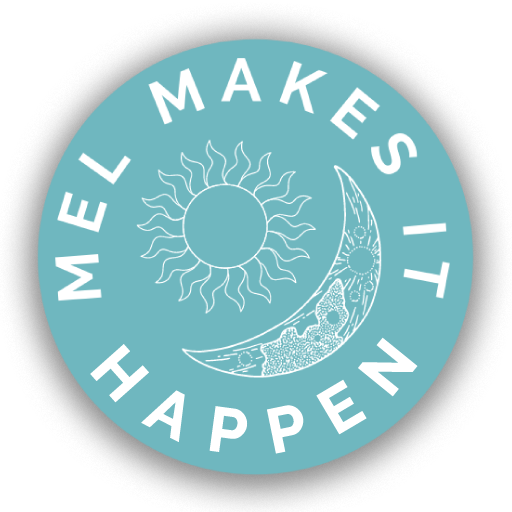It’s easier to judge than it is to accept that you want what someone else has. It’s easier to fear something than to admit you’re secretly curious to go learn more and try that thing out for yourself.
We judge other people by what we don’t accept in ourselves.
This may not make sense right away so I’ll give some examples, but first let me talk about repressed aspects of self. We all have different parts of our identity created by interests, people we spend time with, environments, and more. For some of us, these are so unconscious that we naturally slip into one version of ourselves with each changing situation. Others of us are aware of it and we’ll call it “putting on a face” when we have to act a certain way to please an external party. We can be one version of self when we clock in at the office, another version when we meet up for drinks at 6pm, and a different version entirely when we answer a phone call from our mom.
On a surface level, we can all probably imagine how we act a little (or a lot) different in different settings. Some people can be pretty consistently the same person wherever they go but there are always aspects of self that only certain people (or maybe only you) get to see. The different selves, as I call them, are very deeply conditioned by society and upbringing. To know what they are is to be in tune with your subconscious.
A whole and integrated person, without fragmented selves, will see someone else doing something or having something and not feel threatened. What someone else has or does really, truly, does not impact you or take away from you.
A surefire way to tell that you have a separation of identity is when you freak out or get upset when you see someone else disobeying the societal standards.
For example, maybe you dress very conservatively for work even though it’s not your style or you wear shoes that are uncomfortable because they meet the standards of attire. Then, in one day walks your coworker wearing relaxed attire, maybe sneakers instead of dress shoes. What’s your response? If you’re a little ticked off and wondering why they get to wear clothes outside of the dress code policy you’re not the only one.
Some people might fume in silence but the really fired up people might head to the manager’s office and alert them about so-and-so’s clothes. While, yes, technically the person might not be wearing the right attire based on company guidelines but the judgment you’d be imposing has nothing to do with them and everything to do with what you feel. Let me repeat that.
Judgment has nothing to do with another person or thing and has everything to do with what you are feeling.
It can be a number of things brewing beneath the surface that stir up the “threat alert” in your brain (aka is triggered) enough to make you upset or run over to the manager’s office. It could be as straightforward as you hating your uncomfortable shoes and thinking: if I can’t wear sneakers to work, then they shouldn’t be wearing them either! Or, it could be deeper-seated discomfort tied to other things going on.
You’ve probably heard how it’s important to talk about stuff that bothers you because it will just bottle up until you explode. It’s kind of like that. If you’re dissatisfied in any way, those emotions can cloud your views and impact your treatment of other people.
Maybe you haven’t had time for your hobbies or social life so a job or living situation makes you feel creatively castrated. Note: nothing external can make you do anything; triggers only stir up feelings. There isn’t anything necessarily wrong with the job itself (I mean, there could be) but it’s the way you’re looking at it that is dissatisfying. All it takes is a trigger, like the person behaving outside of normative standards, and then you apply your frustration onto it. Will calling out someone else make you feel better? Eh, perhaps for a split second but not long-term at all. After this person or thing, you’ll need to find another situation to get upset about. And yes, find. We have to go out of our way to look for problems.
You can play the blame game and name 100 reasons why someone else is at fault but you’re still the one who is holding onto the judgment that is keeping you out of alignment with yourself.
When you stay focused on yourself and create internal sources of validation, you don’t need to search for it outside. People who are in a good mood have this. Perhaps you also know the feeling: when you’re in such a good mood that nothing anyone says or does can bother you; all else rolls right off your shoulders?
Frustration comes from looking outside and viewing others as having something you don’t have. You judge them for it, imagining that they’re somehow better than you because of certain qualities or situations you see but that’s not the whole picture. Likely, it isn’t even the right picture because you’re making assumptions or projecting beliefs based on your own insecurities.
In my next post I’ll further explain how to unpack these denied aspects of self.

